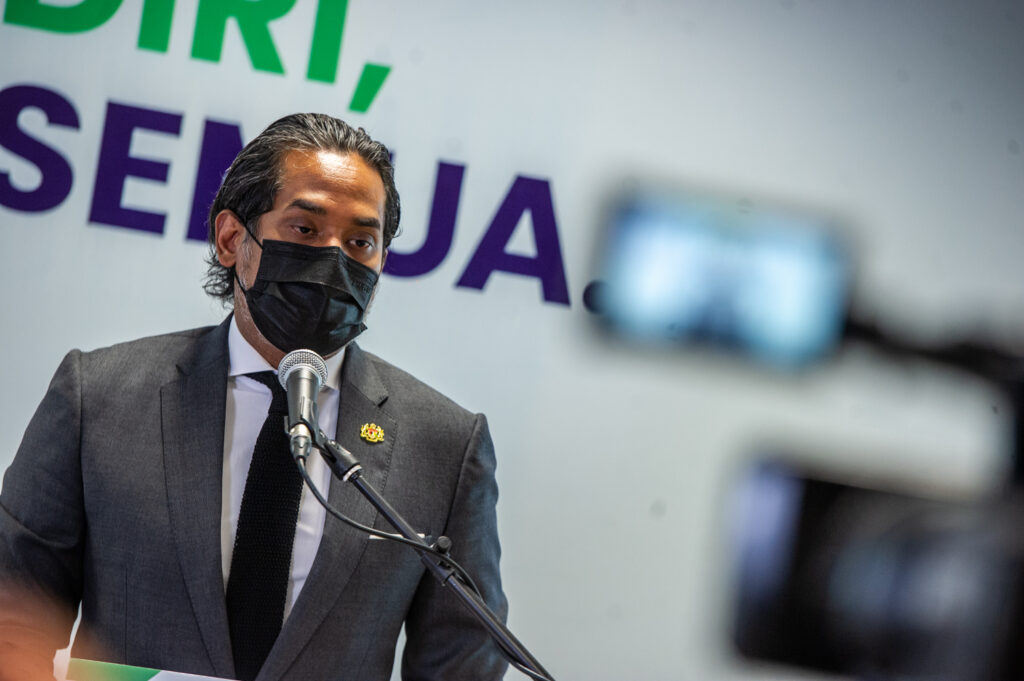
Subscribe to our Telegram channel for the latest updates on news you need to know.
KUALA LUMPUR, March 31 — Malaysia will receive its first 600,000 doses of Covid-19 vaccines made by drugmaker AstraZeneca in June, the country’s minister of science, technology and innovation said today.
The South-east Asian nation, which began its national Covid-19 vaccination programme last month, has secured a total of 12.8 million doses from AstraZeneca, half of which will come via the global Covax facility.
The first shipment of AstraZeneca vaccines to Malaysia will be part of the batch procured directly from the company, minister Khairy Jamaluddin told a news conference.
He said Malaysia was not expected to be affected by India’s decision to temporary halt exports of AstraZeneca’s shot made by the Serum Institute of India, which includes supplies to the Covax facility.
“While we are still waiting for the delivery details from Covax… I don’t believe the ban from India will affect us,” he said, adding that Malaysia’s AstraZeneca vaccine supplies from Covax were expected to be manufactured by South Korea’s SK Bioscience.
Sources told Reuters last week India had temporarily stopped exports of the AstraZeneca jab to meet domestic demand amid a rise in infections.
Malaysia plans to inoculate at least 80 per cent of its 32 million people by February next year.
Apart from AstraZeneca’s vaccine, Malaysia has secured a total of 66.7 million vaccine doses from US drugmaker Pfizer-BioNTech, Russia’s Gamaleya Institute, and China’s Sinovac Biotech and CanSino Biologics. — Reuters

